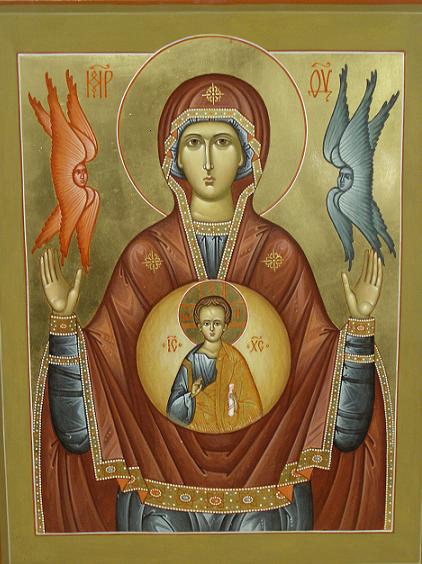The doctrine of the Incarnation, at least at my church, is easy to remember. It is literally carved in marble: “In the beginning was the Word. The Word became flesh and dwelt among us.”
That’s the whole thing in a nutshell. The Second Person of the Blessed Trinity, he who is eternal, all-powerful and all-knowing became time-bound and weak, an infant knowing nothing.
How did God do that? Well, as Mollie Ziegler Hemingway writes in the January First Things:
The deepest mystery of Christmas isn’t how Jesus was conceived and born — it’s why. Why would almighty God care so much about losers like us that he would humble himself to take on human flesh and enter humanity at such a low station?
As intellectually and technologically advanced as we’ve become, this incarnation of God in the person of Jesus Christ is just as unfathomable to us as it was to Mary, Joseph, the shepherds, and the Wise Men two thousand years ago.
Let me suggest that it is unfathomable because we have not — indeed we cannot — sufficiently grasp the love God has for each of us. But as a start, take three examples.
First, the incarnation assures us of our value and dignity. Because God created humans in his image (Genesis 1:27), human value and dignity are enormous even after sin entered the very good world God created.
But it gets better. God became one of us. There is something so “very good” about humanity (Genesis 1:31) that God could and did become incarnate. A human nature was permanently united to the divine person. I’m sure I don’t understand what all that means, but I know it conveys unspeakable value and dignity to every human being. Such is the love of God for each of us.
Read the rest here.
No comments yet




